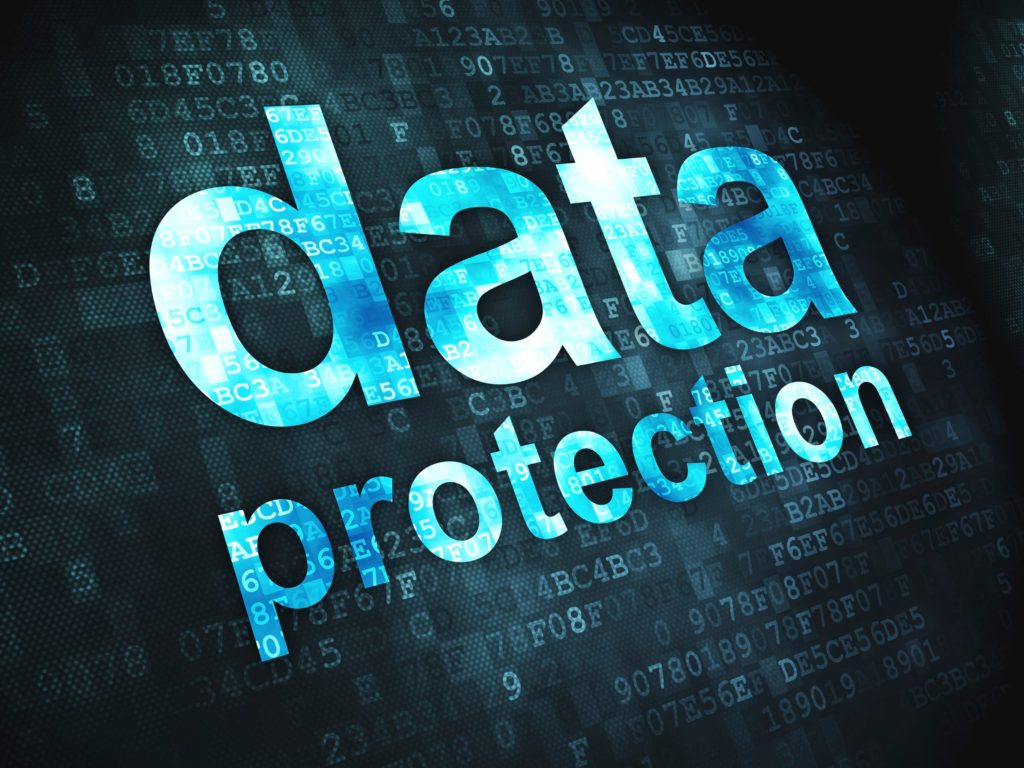by Dr Mike Irene
2020 WAS A CHALLENGING year for world economies and individuals. COVID-19, the deadly virus, ravaged business processes, destabilised the realities of our daily existence and tested data protection ideologies and information management systems around the world. In the name of public interests, governments around the world designed schemes to contain the spread of the virus.
In China, for example, the first phase of public health response was to stop the virus from spreading across the country. They achieved this by closing schools, banning public transport and shutting down workplaces. Europe, Africa, and the Americas followed these steps. We witnessed a worldwide shutting down of schools, offices, airports and other institutions to limit the virus’s spread. Offices and institutions that could afford it allowed their staff to work from home. This new form of work sprang various data protection questions. For example, how does an employee log-in for work by using only the company’s network? Communication via enabling software and social media hubs became the new virtual workspace for most companies and this raised further data protection security questions.
Some businesses, simply because they couldn’t continue operations or move operations online, shutdown. The virus not only took humans but shattered businesses and redefined how we do everything. Several countries took it a notch higher by encouraging self-isolation and monitoring their citizen’s every movement. Big Brother was indeed watching.
This approach seemed oppressive to some data privacy professionals, at first. Later, it became a “no-option” case where Big Brother wins with the evidence of substantial public interest that overrides consent. Countries like China showed the world another level of monitoring. They employed an excessively intrusive artificial intelligence kit that not only monitors individuals but measures social distancing protocols.
China’s method is understandable because, at its peak in February, China reported 3800 new cases of COVID-19 in a single day. We learned that business operations and other daily functions could smoothly exist online. Schools and most businesses began to move their operations online, raising extra data protection redflags. And because of the unprepared nature of the migration to an online existence, there were few data protection and cybersecurity breaches this year.
The year still witnessed a 260% increase in fines for data protection breaches globally even when there were reports that data protection authorities relaxed regulations in some areas to allow companies to get grips of the new reality.
We learnt in 2020 that companies could digitise their processes and move their operations online. We also learned the hard way that so-called democratic nations can crank-up tyrannical measures to protect the public (forget about the freedom and rights of individuals). But there is an exciting twist for data privacy and cybersecurity professionals.
Since the increase in migration to online spaces, there is a heightened demand for these professionals to assist companies in becoming solid in their new existence. These professionals helped companies with their unique processes and ensure that they have the right technical and organisational measures. A wise board in these contemporary times would ensure they have these professionals in their board meetings to advise and strategically map the right frameworks for their company’s journeys in 2021 and beyond. 2021, I believe, will present opportunities for most businesses to improve on their existing models or develop new ones. It will be a year where humans can reclaim their full freedoms, and it will be a new year where humanity can harmonise to prevent another viral spread.
What would happen to information asset management, data governance or data privacy in companies? There will be an opportunity for companies to consistently iterate their existing schemas, build robust systems that will continue to engender consumer trusts and build businesses that prioritise information security. Stay safe.
Stay Blessed. I wish you the very best in 2021.

